Nature reports
Publisher: Naturalis Biodiversity Center
Page 1 of 6 - 57 Results

The Dutch contributing partners of the international MiningImpact3 consortium have been awarded 1.4 million euros. The money will be used to study the long-term ecological impacts of deep-sea mining, as well as the legal and..
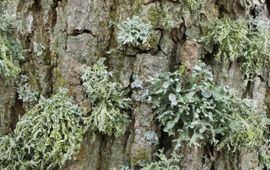
The heat gradient in urban areas has affected the biodiversity of plants and animals. Yet, how it affects the hidden urban biodiversity, such as bacteria in soil and lichens, is still virtually unknown. This new study shows that..
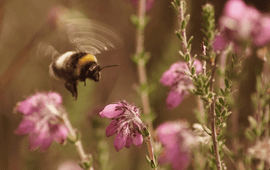
The Dutch landscape is losing plant species that rely on pollination by insects, while plants pollinated by wind are proportionally increasing. Leiden environmental scientist Kaixuan Pan demonstrates this after analysing 87 years..
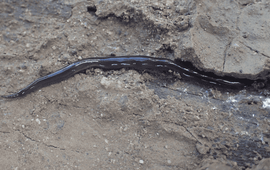
During the relay expedition of Naturalis and STINAPA on Bonaire, the invasive New Guinea flatworm was found in two places. That’s bad news, because it has been listed among the top 100 of the world’s worst invasive alien species..
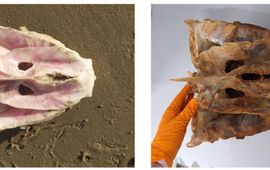
Naturalis' free question service helps young and old to name finds from nature. Each year, we receive about 2,500 questions and this year even more than 3,000. What were the most surprising nature questions of 2023?..
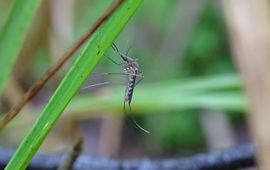
Since the discovery that mosquitoes can transmit diseases, researchers have been interested in their distribution. However, the insect often continues to be a city resident that remains unnoticed. Therefore, researchers have now..
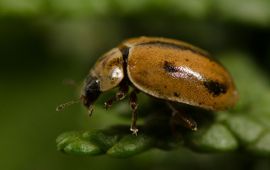
Every Christmas the stories resurface: supposedly about 25,000 creatures are living in your Christmas tree. Exactly how much of this is true and which insects can actually be found? Naturalis' insect expert Aglaia Bouma can tell..
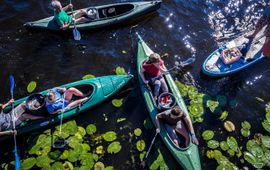
The Leiden initiative De Grachtwacht, which has been cleaning the canals since 2018, received the NWO Communication Initiative Award yesterday. Founders Auke-Florian Hiemstra and Liselotte Rambonnet, affiliated with Naturalis and..
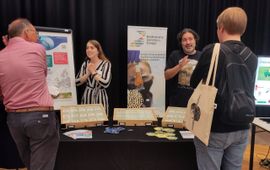
The partnership ARISE wants to map all Dutch biodiversity. Therefore, they called on the help of experts with their own collection from Dutch nature. With success! The bardcoding NL day was the start to expand the national DNA..
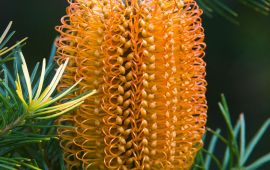
What different types of plants and fungi exist, how does variety in species arise, and how are the species doing? A new report from Kew Botanical Gardens released last Tuesday answers these questions. Naturalis researcher Renske..
